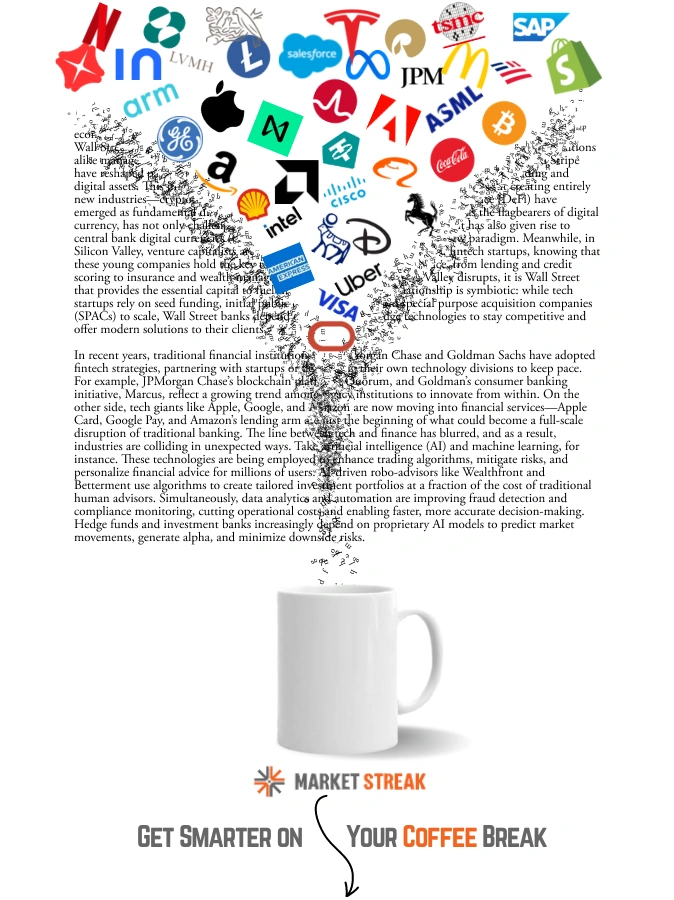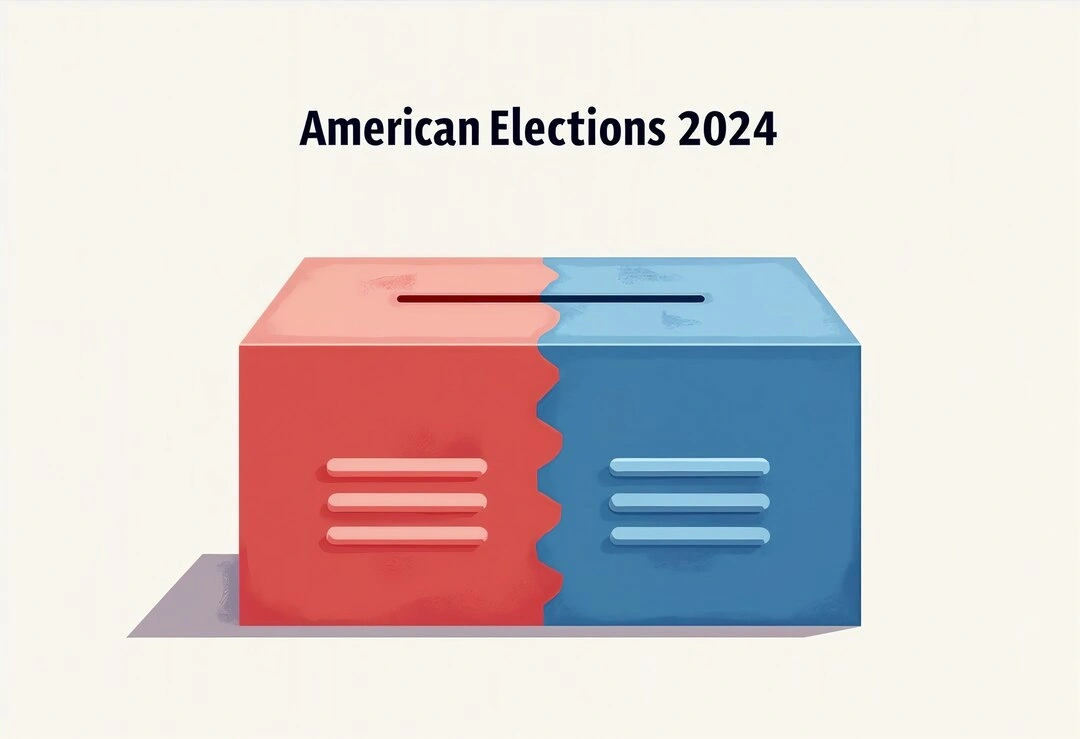Economic Inequality
Gilded Age
Corporate Profits
Job Loss

Economic Inequality
Gilded Age
Corporate Profits
Job Loss
A stark contrast is emerging in the American economy: while many workers are facing layoffs and stagnant wages, CEOs and shareholders are enjoying record profits. A recent report from Oxfam, a global organization focused on poverty eradication, reveals a troubling trend of wealth concentration at the top. The study analyzed over 200 major US corporations and found a staggering disparity in how profits are distributed.
The Billions at the Top
The report's key finding is shocking: a massive 90% – or $1.1 trillion – of the $1.25 trillion in net profits generated by these 200 companies flowed directly to wealthy shareholders. This leaves a mere 10% to be divided among other stakeholders, including employees, communities, and investments in the future of the company. This concentration of wealth underscores a growing inequality within the American business landscape.
The picture becomes even clearer when examining CEO compensation. Since the pandemic began in 2020, CEO pay has surged. Oxfam's data shows a remarkable 31% increase in CEO compensation from 2018 to 2022. This dramatic rise in executive pay, coupled with the massive payouts to shareholders, paints a picture of a system tilted heavily in favor of those at the very top.
The report points a finger at the influence of powerful lobbying efforts, arguing that corporate tax rates have been significantly reduced, further widening the gap between the wealthy and the rest of the population. This suggests that the current economic system, with its prevailing policies and practices, is contributing directly to the growth of this inequality.
The Tech Layoff Paradox
The past year has witnessed significant job losses across various sectors, particularly in finance, technology, and media. Many CEOs have justified these layoffs by citing economic hardship and the need for "efficiency." However, the reality painted by the Oxfam report contradicts these claims. Revenue and profits for Fortune 500 companies experienced substantial growth between 2014 and 2022, with this growth accelerating even further in the post-pandemic years.
A prime example is Meta, the parent company of Facebook and Instagram. While announcing massive layoffs affecting over 10,000 employees under the guise of a "year of efficiency," the company simultaneously approved a staggering $40 billion stock buyback. Less than a year later, they announced plans for another $50 billion buyback. This disconnect between job cuts and massive financial maneuvers for shareholders raises serious questions about corporate priorities.
The total amount of money allocated to stock buybacks in 2022 reached a record-breaking $681 billion, according to Oxfam's findings. Stock buybacks, while legal, are often criticized for prioritizing short-term gains for investors over long-term investments in the company's future, employee well-being, or research and development.
Decades of Shifting Priorities
The current state of economic inequality is not a sudden development. The report highlights a decades-long shift towards "shareholder primacy," a business philosophy that prioritizes maximizing returns for shareholders above all else. This approach gained traction in the 1970s, coinciding with a decline in union membership and weakening worker protections.
A crucial turning point occurred in the 1980s when stock buybacks, previously outlawed as a form of market manipulation, were legalized. This change, Oxfam argues, enabled companies to artificially inflate their stock prices, enriching shareholders while potentially harming the company's long-term prospects.
Further fueling the trend, corporate tax rates have been significantly reduced over the past several decades, particularly during the Reagan and Trump administrations. Simultaneously, corporations have gained an increasingly powerful voice in politics, influencing policy decisions and shaping the regulatory environment to their advantage. The Supreme Court's 2010 Citizens United decision, which removed restrictions on corporate spending in elections, only amplified this influence.
The convergence of these factors – shareholder primacy, legalized stock buybacks, reduced corporate tax rates, and increased corporate political influence – has created a system where corporations accumulate vast profits, while a disproportionate share of these profits flows to a select few at the top.
The Growing Wage Gap
The disparity between executive compensation and worker wages is stark. Oxfam's analysis of 186 companies with publicly available data reveals that CEOs received a combined total of $4.1 billion in 2022. Only a tiny fraction (5%) of the companies studied publicly stated their support for a living wage – a wage sufficient to meet a family's basic needs.
The CEO-to-worker pay gap is particularly alarming in some major corporations. McDonald's, for example, boasts a ratio of 1,745 to 1, meaning the CEO earns 1,745 times more than the average worker. Coca-Cola's ratio is almost as high, at 1,594 to 1. This extreme disparity highlights the widening chasm between those at the top and the vast majority of employees.
The retail sector stands out as a particularly stark example of this inequality. Retail workers are disproportionately women and people of color, while leadership positions within these companies are heavily dominated by white men. Despite many companies proclaiming their commitment to diversity, equity, and inclusion (DEI) initiatives, Oxfam's report notes a significant lack of transparency and concrete action in achieving meaningful change.
The consequences of such extreme inequality extend beyond mere fairness. Oxfam points to Dollar Tree, a retail company cited as one of the least equitable in terms of gender and racial representation, as an example. Dollar Tree recently announced the closure of 1,000 stores, demonstrating that even the most profitable businesses can suffer from extreme internal inequities.
A Call for Change
While there are some encouraging signs, such as the recent surge in unionization efforts and high-profile victories for workers, the report concludes that the current situation mirrors a "new Gilded Age," echoing concerns expressed by political leaders. Unless significant changes are implemented, the concentration of wealth at the top will continue to grow, threatening the long-term health of the economy and society as a whole.
The report emphasizes that a more equitable distribution of wealth is not simply a matter of social justice; it is essential for economic stability and growth. The current trajectory, with its widening gap between the rich and the poor, is unsustainable and ultimately detrimental to everyone, including those at the top. The report serves as a strong call to action, urging policymakers, corporations, and citizens to work towards a more just and equitable economic system.
SHARE


news
30th October 2024

news
30th October 2024


news
30th October 2024

news
30th October 2024


news
30th October 2024


news
30th October 2024


news
30th October 2024